Why vitamin B12 and omega-3 DHA are your absolute must-haves – and which nutrients you should also keep an eye on
Why vegan is good – but not automatically wholesome
The decision to eat a plant-based diet is more than just a change in diet – it’s a statement. For more mindfulness, sustainability and responsibility.
And yes, studies show that vegans often have healthier blood lipid levels, better insulin sensitivity and a lower risk of cardiovascular disease (e.g. B. PMID: 37226630,34836208, 35964120)
However, as with any diet, only those who know where possible gaps are can close them in a targeted manner – and this is exactly what makes the difference between a “vegan experiment” and a diet that really works in the long term.
The two indispensable must-haves: vitamin B12 and omega-3 DHA
No diet is perfect and provides you with all the nutrients your body needs. If you eat a vegan diet, two nutrients are automatically deficient and must be supplemented from the outset. They are absolutely essential – not optional, not “maybe someday”:
Vitamin B12 – the energy and nerve vitamin
Vitamin B12 is involved in over 100 metabolic reactions, including the formation of red blood cells and the function of your nervous system.
As it is only found in animal foods, almost all vegans develop a deficiency within a few months without supplementation.
A study(PMID: 39373282) showed that over 80% of vegans without supplements have low B12 levels.
👉 That’s why our Green Energy Plant-Based Vitamin B12 with bioactive methylcobalamin and adenosylcobalamin from organic shiitake extract is a real game changer.
Everything else you should know about vitamin B12, you can read in our article.
Omega-3 DHA – food for the brain and cellular power plants
DHA (docosahexaenoic acid) is the omega-3 fatty acid that protects your brain, your eyesight and your cell membranes.
Plants only contain ALA as an omega-3 fatty acid (e.g. from linseed, chia or hemp seeds), which the body can only convert into DHA to around 5 %(PMID:12936959).
Our Ocean Mind Organic Omega-3 DHA therefore provides the pure, plant-based form directly from organic microalgae (Schizochytrium sp.) – 100% vegan, sustainable and free from harmful substances.
Together, B12 and DHA form the heart of our Ogaenics Vegan Starter Set – the perfect basic supply for anyone who wants to switch to a plant-based diet or live a plant-based diet in the long term.
-
Bestseller
Ocean Mind
60-day supply of premium organic omega-3 DHA with 250 mg per capsule from the algae Schizochytrium sp49,90 €1.386,11 € / kg
-
Vegan Starter Set
Set for vegans and vegetarians containing the essential nutrients B12 and omega 3 DHA80,80 €89,80 €1.603,57 €1.442,86 € / kg
The common gaps – which nutrients many vegans lack
Even if you cover your basics with B12 and DHA, there are a few nutrients you should keep an eye on. Not everyone needs them all – but knowing where your body loves support is worth its weight in gold.
☀️ Vitamin D3 (and K2)
Little sun = little endogenous vitamin D production – this affects almost everyone, not just vegans. Studies show that up to 70% of the population are deficient in winter. But even in summer there is a risk of deficiencies if you spend little time in the sun.
👉 Hello Sunshine or Hello Sunshine plus K2 provide you with 2,000 IU of natural vitamin D3 from organic lichen per capsule.
You can find a guide with everything you need to know about vitamin D here.
Iodine
Essential for your thyroid and your healthy metabolism, but often in short supply in a plant-based diet.
👉 Help from Kelp provides you with natural organic iodine from seaweed – without any synthetic additives.
You can read more about this trace element and its fascinating function in your body in our iodine blog article.
Iron
Plant-based iron (non-haem iron) is less easily absorbed by the body than iron from animal sources. Women of childbearing age, athletes and people with low ferritin levels in particular benefit from a targeted intake.
👉 You can find plant-based iron in our Iron Maid, for example, where the iron is combined with vitamin C – for optimum absorption and effect.
Zinc
Zinc is involved in over 300 enzymatic processes – from the immune system to skin health. However, the high phytic acid content of many plant-based foods often inhibits its absorption.
👉 Body Guard provides you with bioavailable zinc from natural sources, perfectly tailored to your daily needs.
-
Bestseller
Body Guard
30-day cure Bio Immunity Complex with vitamin C, D, zinc, organic echinacea, elderberry and ginger39,90 €1.995,00 € / kg
How to get started on a vegan diet
1. check your food supplies
There are so many everyday foods that just happen to be vegan. If you look in your kitchen cupboard, you’re sure to discover some of them: Pasta, rice, canned tomatoes, chickpeas and kidney beans, jam and marmalade, coconut milk, curry pastes, tomato paste, many kinds of chips, crackers and cookies, herbs and spices, many sauces, tea, coffee and fruit juice, etc.
So there’s a great chance that half the foods you already like to eat are vegan!
2. shopping list to start
It’s best to prepare a few days before you start your vegan adventure. It is worth buying a selection of basic foods for a vegan diet:
Milk substitutes
- Plant milk (oat, soy, almond, rice, spelt, cashew, coconut, hazelnut milk)
- Vegetable butter (from soybean or sunflower oil)
- Vegetable yogurt (soy, coconut, and almond yogurt)
Proteins
- Tofu
- Seitan (as a meat substitute)
- Green peas (frozen, no can because of plastic bisphenol A)
- Beans (kidney beans, black beans, giant beans, azuki beans)
- Seeds (sunflower seeds, pumpkin seeds, sesame seeds, chia seeds, flax seeds)
- Nuts (walnuts, hazelnuts, almonds, cashews, Brazil nuts, pine nuts)
- Nut puree (peanut butter, almond puree, sunflower puree, cashew puree)
- lentils (red, brown, black lentils in dry form or canned)
Cereals and dry goods
- Brown rice/wild rice
- Bulgur and couscous
- Quinoa
- Oats and millet
- Whole wheat pasta and spelt pasta
- Wholemeal bread
- Polenta (corn semolina)
- Chickpea flour
For cooking
- Yeast flakes
- Vegetable broth
- Healthy oils (sunflower, coconut, rapeseed, olive, sesame, walnut, linseed oil)
For baking
- Maple syrup (substitute for honey and sugar)
Sauces
- Soy sauce
- Vegan mayonnaise (without egg)
- Mustard
Snacks
- Dried fruit
- Sesame crackers
- Hummus
- Granola bar
- Salt sticks
Some people also find it helpful to create a weekly meal plan. You can find many great templates for free download on the web.
If you are still unsure about which foods are really vegan when shopping, the app CodeCheck can be a good help. Se is free and can indicate whether a food is vegan or not by barcode scan.
Incidentally, “dairy-free” or “lactose-free” does not automatically mean “vegan” – in most cases, products with this label are unfortunately not vegan. In any case, you should check the list of ingredients critically.
3. “Veganize” your favorite dishes
If one of your favorite dishes is lasagna, for example, prepare a vegan version of it – with soy mince and plant milk for the bechamel sauce.
Whether it’s curries, casseroles, soups, stews, roasts, cakes or desserts, there’s a vegan version in almost every case.
Even an appetite for a simple sausage sandwich can be satisfied vegan – they are now also available for vegan diets in almost every supermarket.
4. try new recipes
Many people find that a purely plant-based, vegan diet opens up a whole new world of dishes and ingredients and rekindles their love of good food.
Once you’ve mastered the basics, try out some brand new recipes (you’ll find tons of them on the internet now). Culinary delights are waiting at every corner!
5. always think of vegan snacks
Vegan snacks are really easy to get and take in most places, but just not everywhere. It’s best to make sure you always have a bag of nuts, some fruit, or other vegan munchies with you just in case.
6. persevere
Not every vegan food product will appeal to you straight away, but just because the first cheese you try or the first café latte isn’t perfect doesn’t mean that other varieties won’t taste good either.
There are several all-vegetable cheeses to try, such as cream cheese, processed cheese, nut cheese, coconut cheese and soy cheese in different flavors as well as from different brands.
In terms of plant milks, there is a wide choice between oat, spelt, soy, almond, coconut, rice, hazelnut and cashew milks. Just try a few to find your favorites.
7. do not be too hard on yourself
Nobody is perfect! Whether you accidentally ate something non-vegan or simply gave in to temptation – that’s okay and doesn’t mean you’ve failed at vegan eating. Think of it as an experience on your way to a more conscious and mindful way of living!
For a healthy start to your vegan or vegetarian diet
-
Vegan Starter Set
Set for vegans and vegetarians containing the essential nutrients B12 and omega 3 DHA80,80 €89,80 €1.603,57 €1.442,86 € / kg

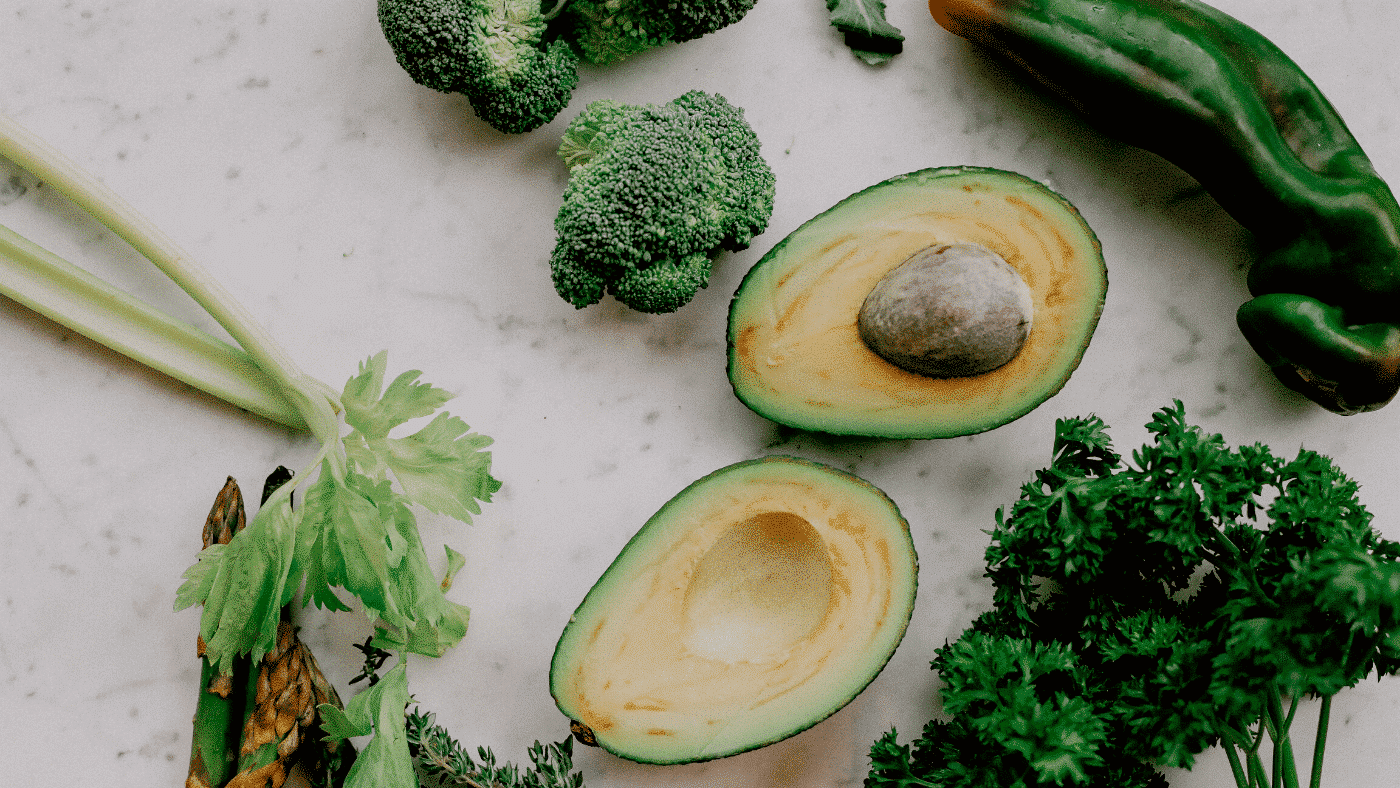
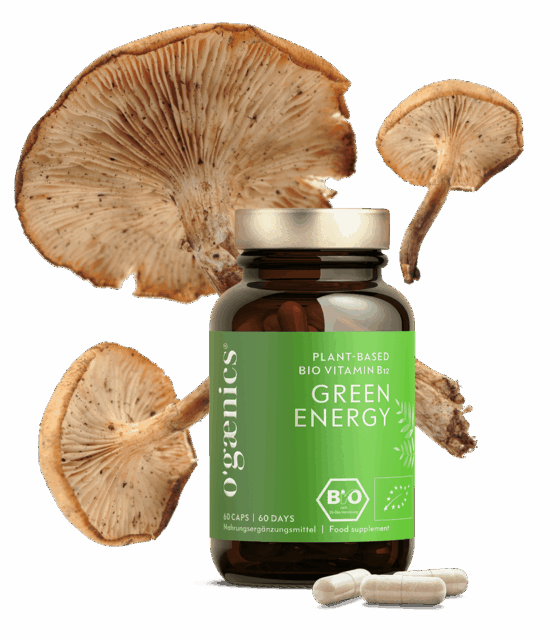

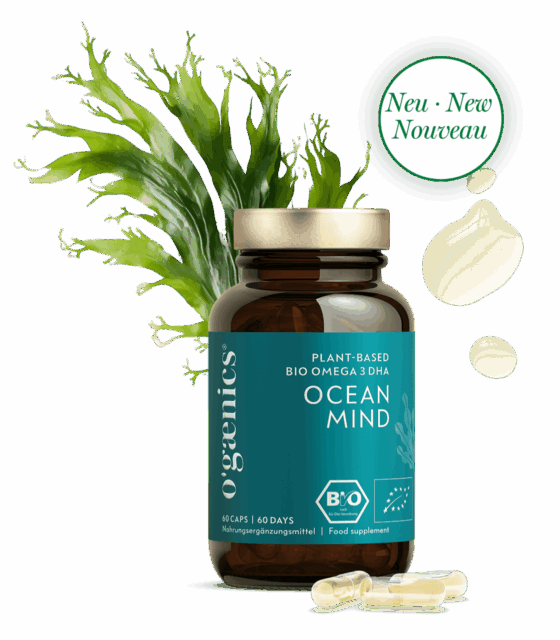
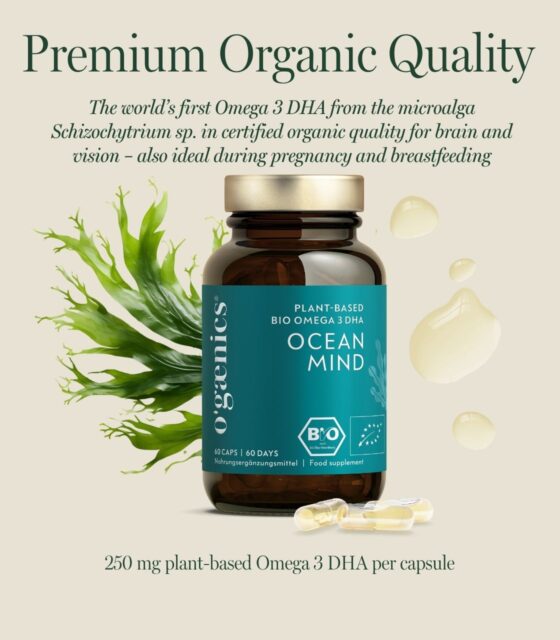
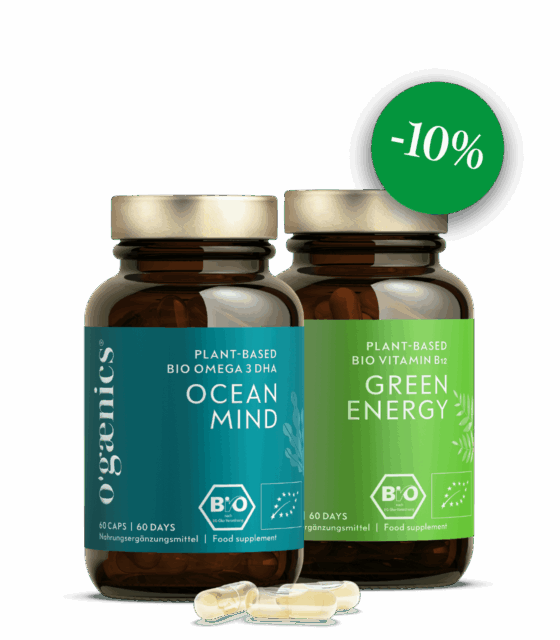

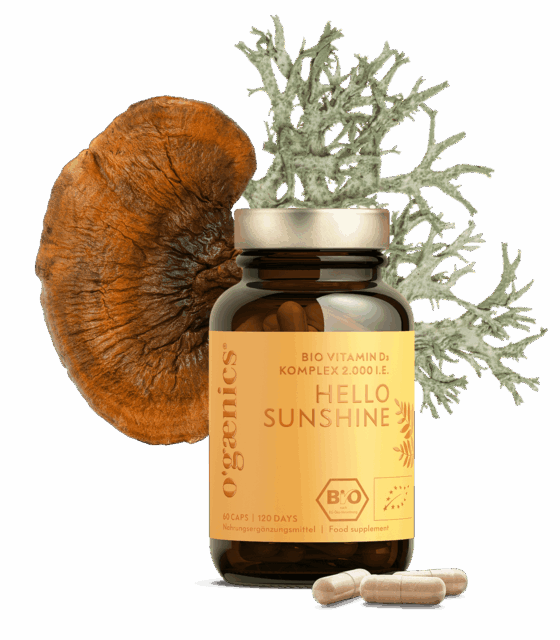

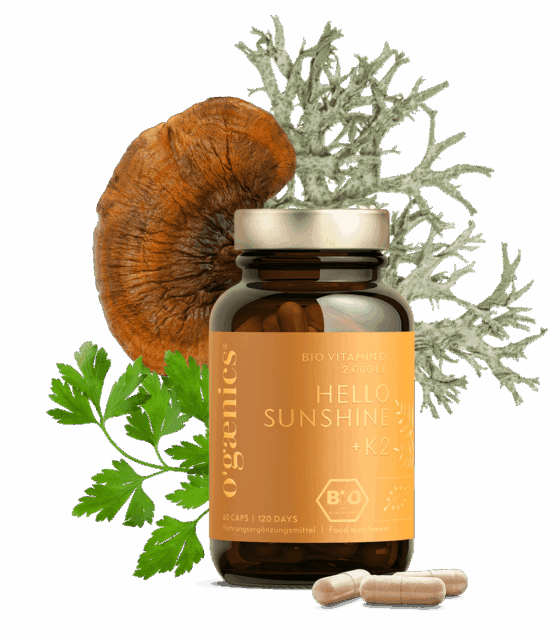
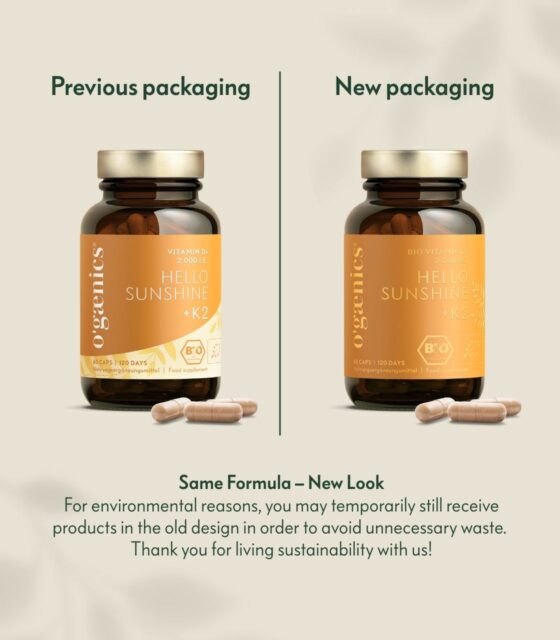
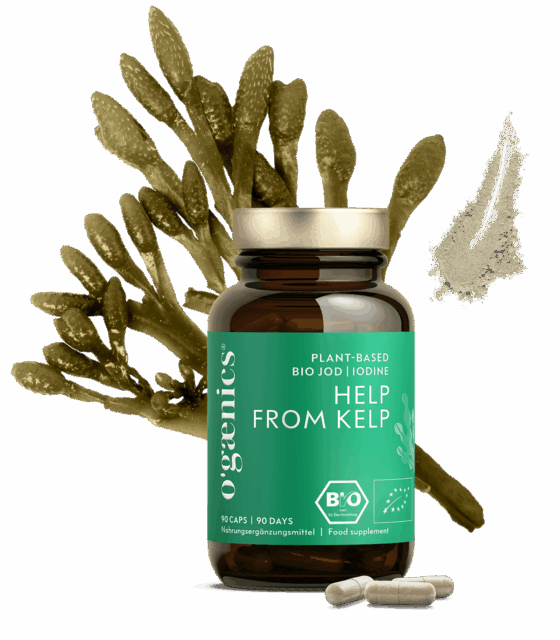

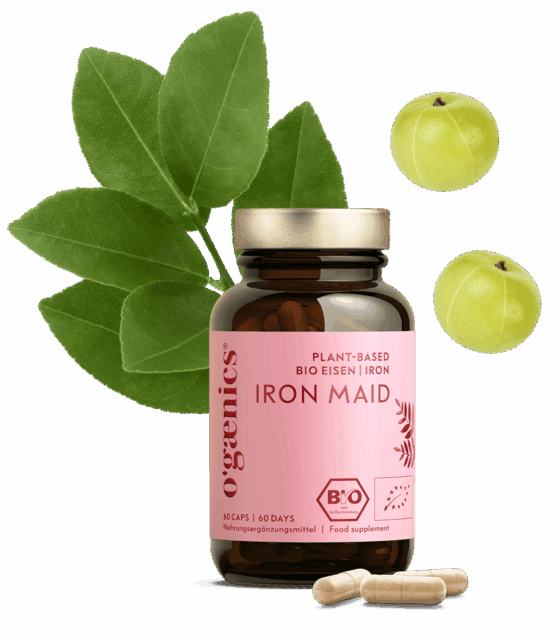




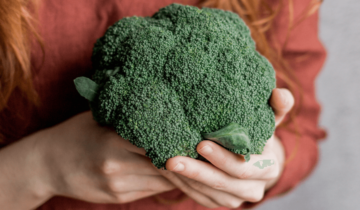

 No products in the cart.
No products in the cart.